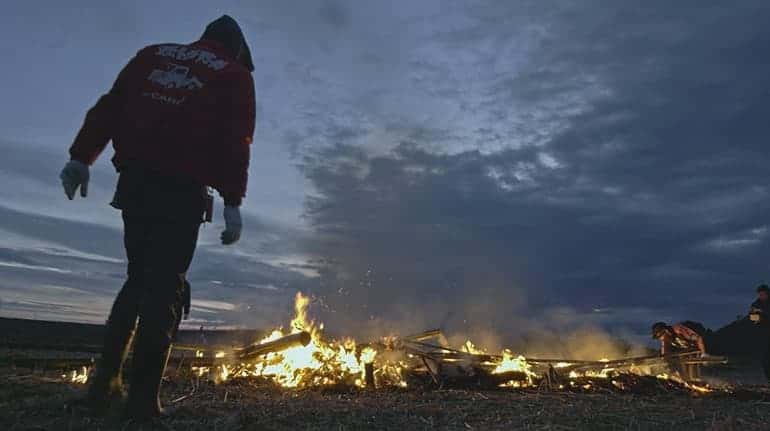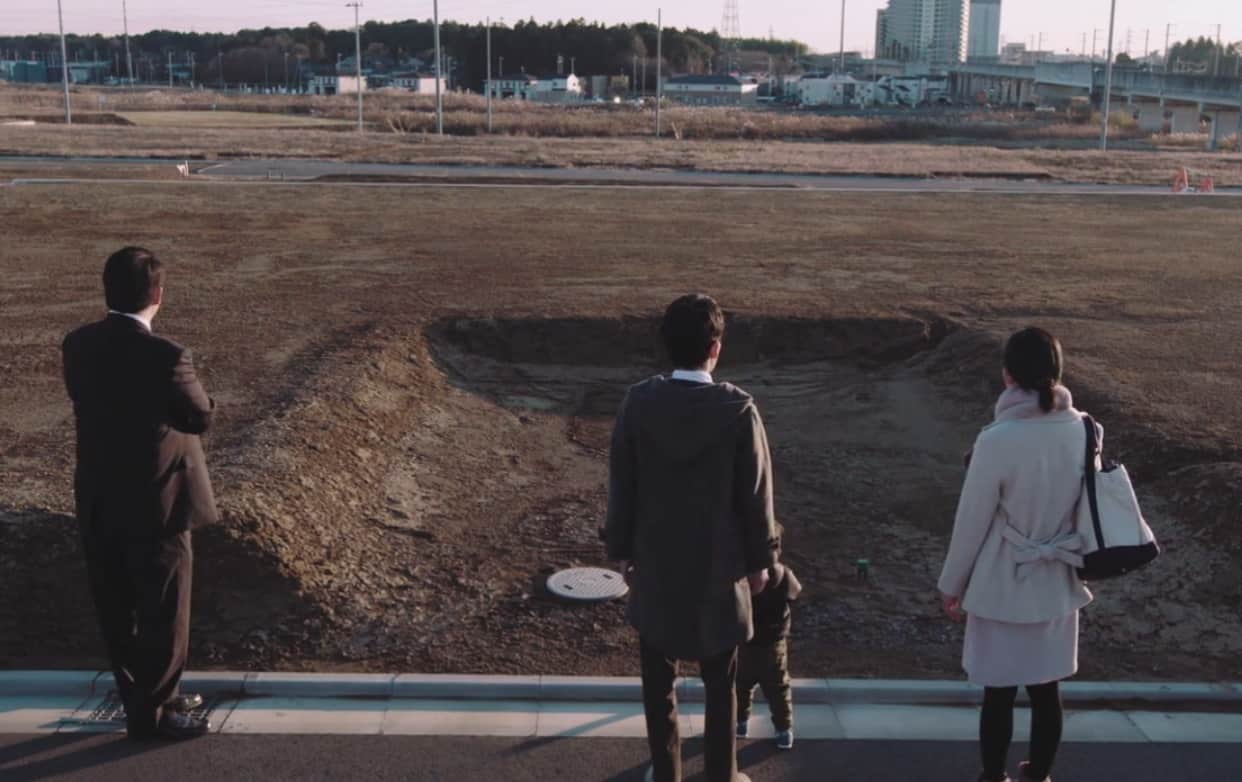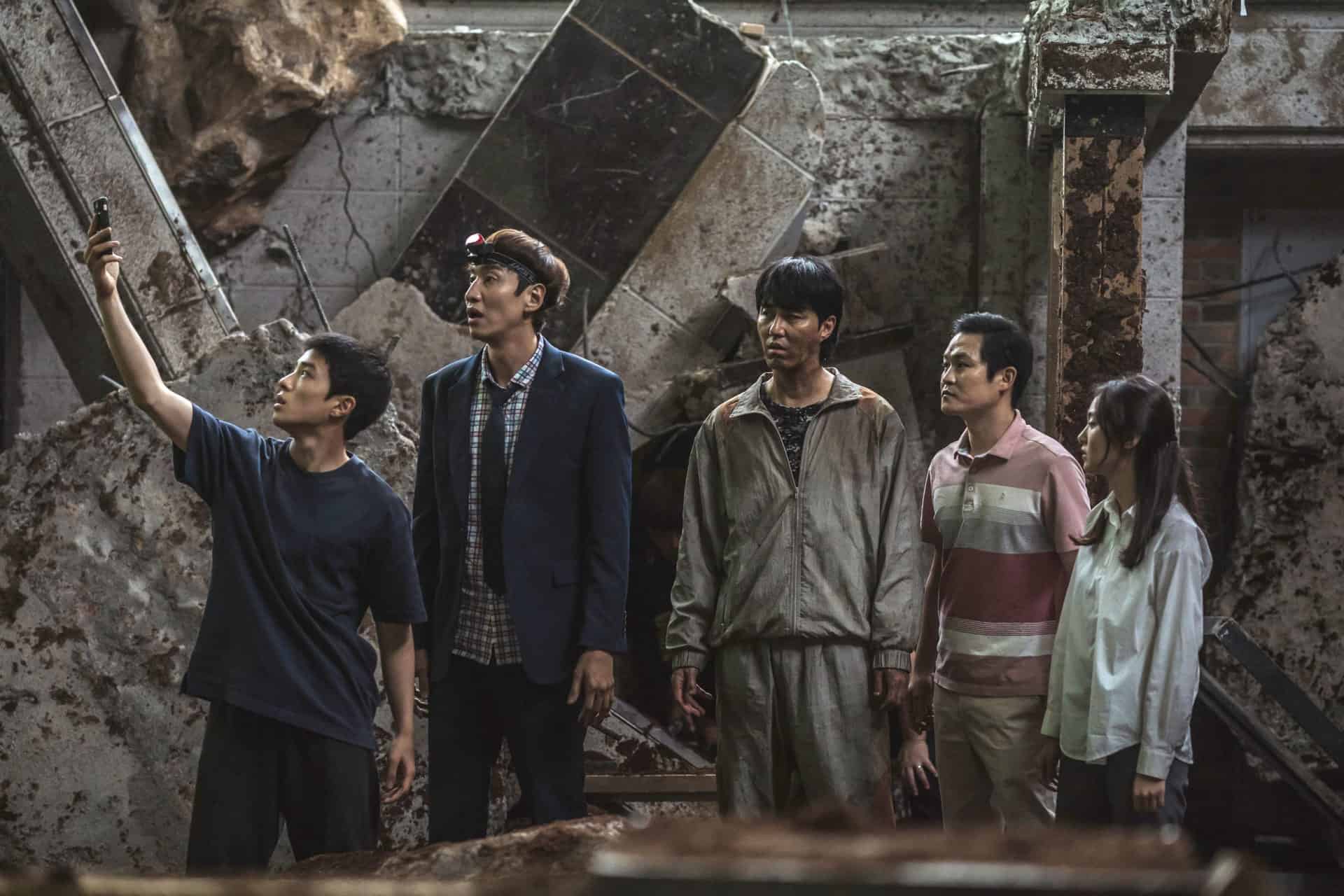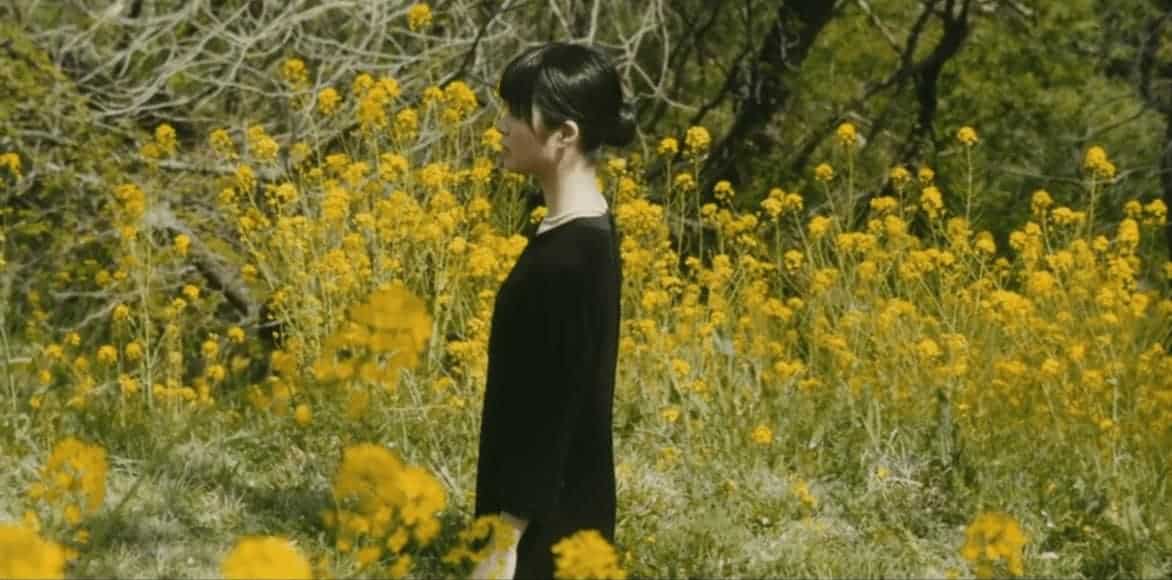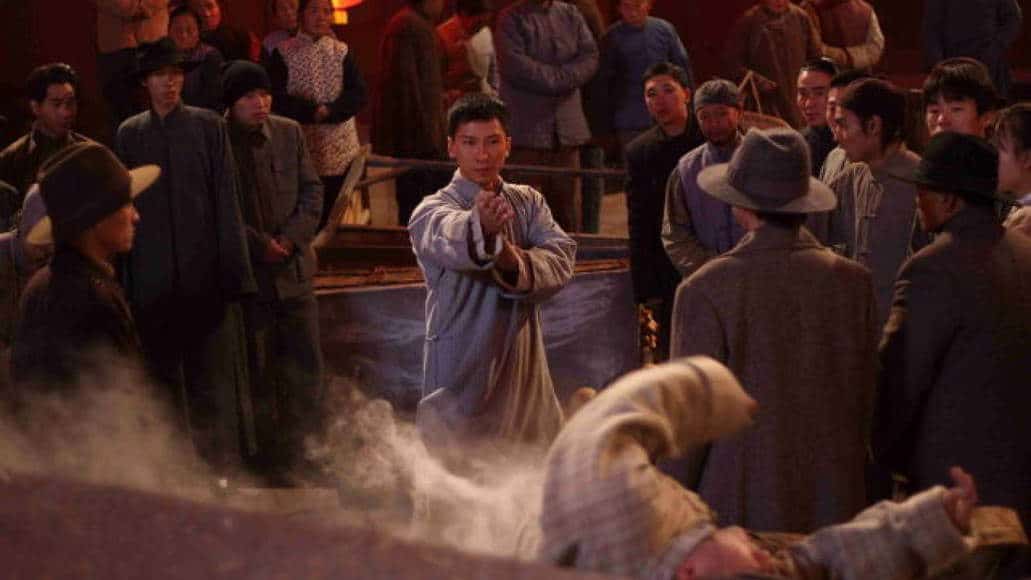The Fukushima Disaster and its consequences have been a theme for a number of documentaries, movies and even TV shows (“Dark Tourist” comes to mind). However, the current situation in the areas that were hit from the nuclear wave the most has not been explored much (if at all) yet. Ryuichi Shimada deals exactly with this subject by shooting a documentary about the people of Hirono, a city located 20 km away from the Fukushima Daiichi Nuclear Power Station. Immediately after the Great East Japan Earthquake, the whole town was forced to evacuate. In 2019, 80% of the population at the time of the earthquake is back in town…
“Hirono” is available from “Article Films”
Shimada takes a rather close and thorough look of how life is progressing in Hirono, by focusing on people from different demographics. A number of elderly, who begun living in temporary housing until their houses are restored and decreed safe. A young couple and their two children, who were born very close to the date of the disaster. The city council and their efforts to reinstate a traditional festival in a more general effort of taking things back the way they were before Fukushima. The lives of the farmers of the area, who are struggling with the lack of trust regarding the quality of the soil and their products. A number of various individuals, from which two very interesting, parallels comments come: the first paralleling the people there with dinosaurs, regarding the disaster that eradicated the creatures, and the second with lepers, regarding the way other people perceive them. Lastly, the documentary deals with a school play the Futaba Mirai Highschool is preparing, with this segment taking the largest part of the documentary, since Shimada's focus seems to be on the mentality of the youth regarding what happened and the future.

In that regard, the difference between the older and the younger generation becomes quite evident. The adults and the elderly are just happy to have returned but the young ones are really anxious about the future and particularly the reconstruction of both the area and their lives, which is, in fact, the theme of their play. In the middle of all this is a student who was away in the US when the disaster occurred, with Shimada focusing much on her effort to get in the same mentality with the rest of her classmates, in one of the most interesting parts of the documentary.
Shimada's approach to his subject is intriguing in its detail, with editor Takeshi Hata doing a very good job connecting the various aspects of the documentary. However, at 130 minutes, it becomes quite hard to watch, and some tighter editing would definitely benefit the film, particularly in the quite prolonged school play sequences. Himada's own cinematography is also very good, with him capturing the area and its current circumstances with realism and gusto, while the sequence with the festival during the night is one of the most beautiful and memorable in the film, both visually and contextually, due to the optimism it communicates.

Despite being too long for its own good, “Hirono” is a thorough, beautiful, and very important film, about a topic that is bound to get more attention as time passes.


